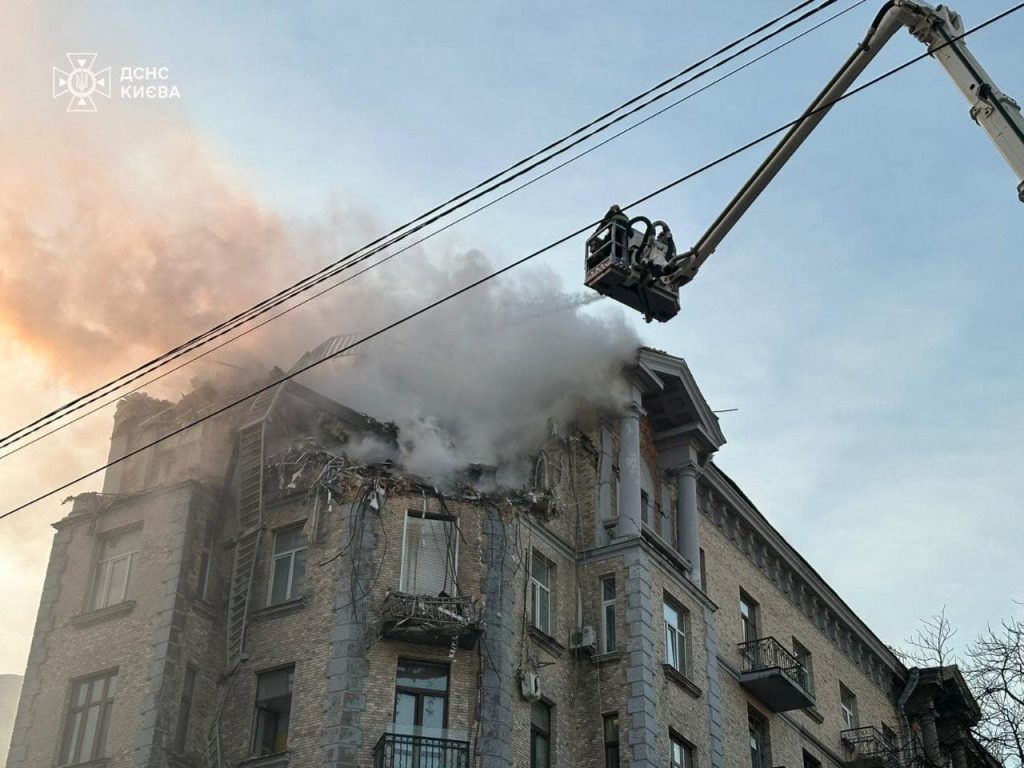In the early days of 2025, Russia launched a series of attacks on Ukrainian cities and villages, deploying over 300 drones and 20 missiles, including ballistic missiles. These attacks resulted in the destruction of many residential buildings and infrastructure, as well as civilian casualties. Ukrainian President Volodymyr Zelensky expressed the need to strengthen Ukraine’s air defense in response to the ongoing Russian aggression, emphasizing the importance of building an air shield with all necessary elements. Zelensky announced upcoming meetings and talks to enhance Ukraine’s air defense capabilities, including the next Ramstein-format summit of the Ukraine Defense Contact Group scheduled for January 9.
One of the key developments on January 3 was the revelation that over 50,000 Russians have sought information about missing in action (MIA) soldiers through a project led by Ukraine. Additionally, a Russian envoy dismissed reported peace deal proposals by former U.S. President Donald Trump related to the conflict in Ukraine, stating that there was nothing of interest in the proposals. Amidst these discussions, a lawmaker from Germany’s Christian Democratic Union (CDU) suggested that Germany should not rule out the possibility of a peacekeeping mission in Ukraine, highlighting the ongoing concern for a peaceful resolution to the conflict.
The heightened tensions between Russia and Ukraine have raised concerns about the escalating violence and the impact on civilian populations. With Russia continuing its attacks on Ukrainian territory, including striking settlements close to the front lines with guided aerial bombs, the situation remains volatile. The need to constantly replenish anti-missiles for air defense and enhance the capacity of mobile fire groups has become imperative for Ukraine’s defense strategy. Zelensky expressed gratitude towards the country’s partners who have provided assistance in strengthening Ukraine’s defenses amidst the ongoing conflict.
The upcoming Ramstein-format summit of the Ukraine Defense Contact Group on January 9 is poised to be a significant platform for discussions on enhancing Ukraine’s air defense capabilities and addressing the escalating tensions with Russia. The summit will bring together key stakeholders to strategize on measures to protect Ukrainian territory and ensure the safety of civilians in the conflict zone. As the conflict continues to unfold, the international community remains vigilant about the developments in the region and the potential implications for regional stability. The need for diplomatic solutions and dialogue to de-escalate the conflict remains a top priority for all parties involved in the crisis.
The continued Russian aggression against Ukraine underscores the complex geopolitical dynamics at play in the region and the challenges faced by both countries in finding a resolution to the conflict. The involvement of international actors, including the United States and European nations, in supporting Ukraine’s defense efforts highlights the global concerns about the conflict’s implications. The ongoing efforts to strengthen Ukraine’s air defense system and mobilize resources to counter Russian attacks demonstrate the country’s resilience in the face of external threats. The upcoming summit of the Ukraine Defense Contact Group will provide an opportunity for dialogue and cooperation among key stakeholders to address the critical security issues facing Ukraine and the broader region.
As the conflict between Russia and Ukraine continues to escalate, the need for diplomatic interventions and international cooperation becomes increasingly urgent. The ongoing attacks on Ukrainian territory and the civilian population underscore the pressing humanitarian crisis unfolding in the region. The upcoming summit of the Ukraine Defense Contact Group will play a crucial role in facilitating discussions on enhancing Ukraine’s defense capabilities and finding diplomatic solutions to de-escalate the conflict. The international community’s support for Ukraine’s defense efforts and commitment to ensuring regional stability will be integral to resolving the crisis and promoting peace in the region.


